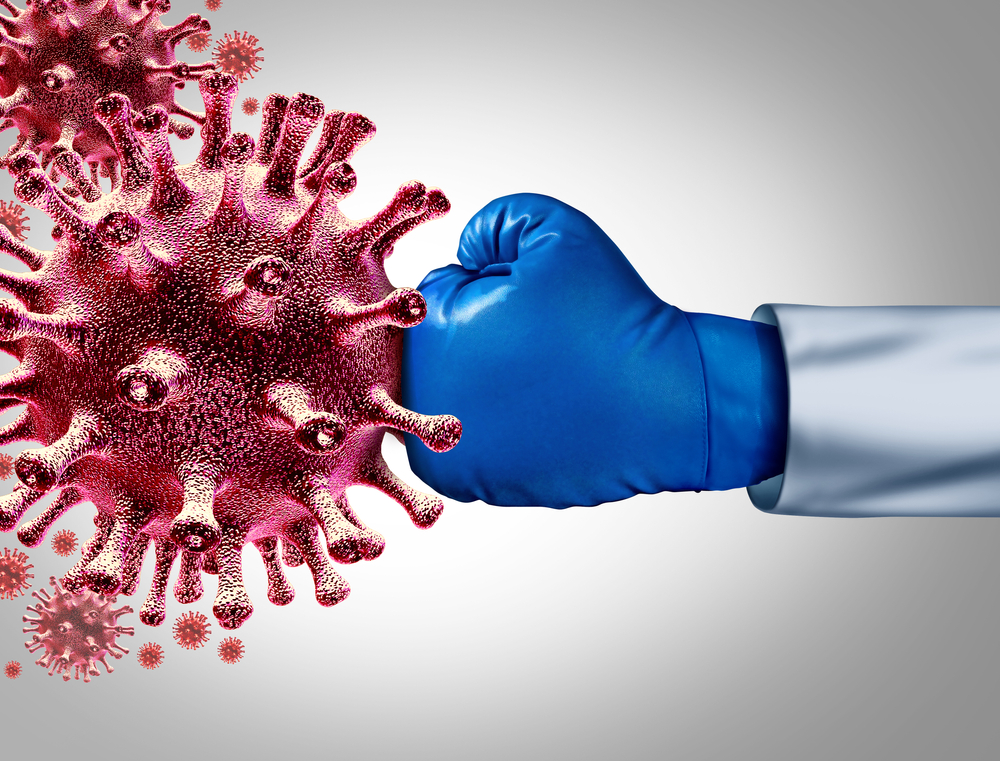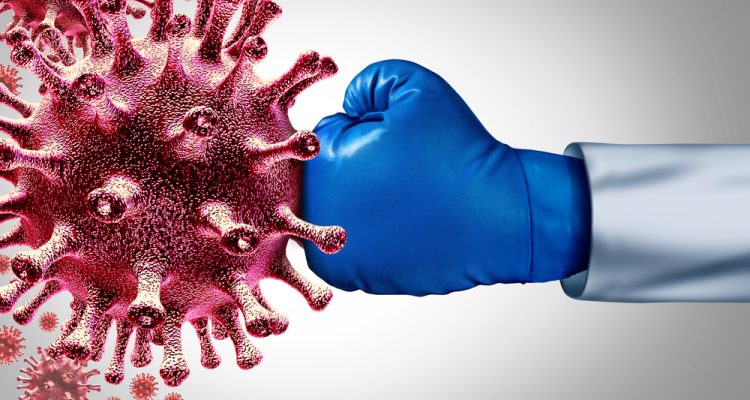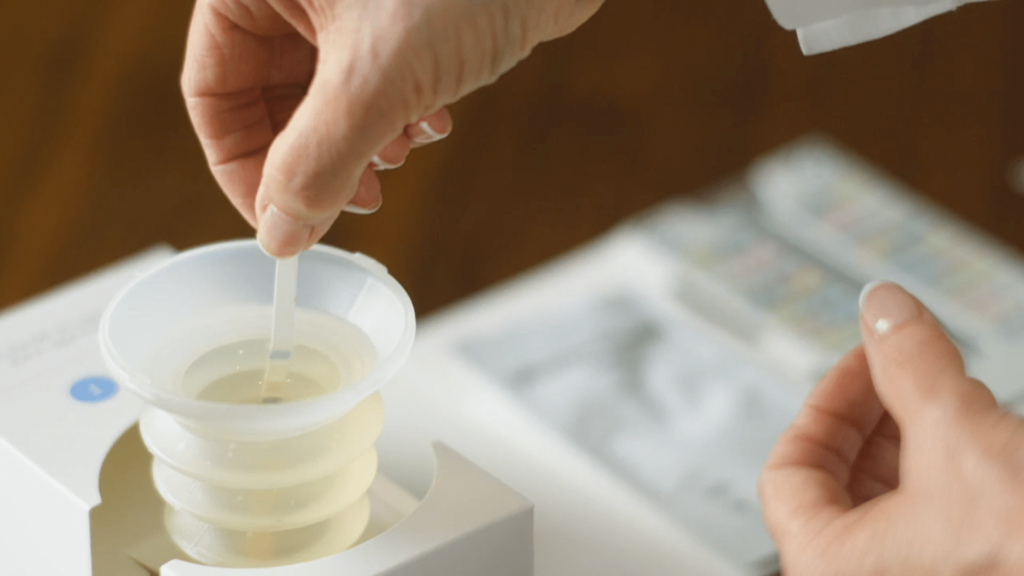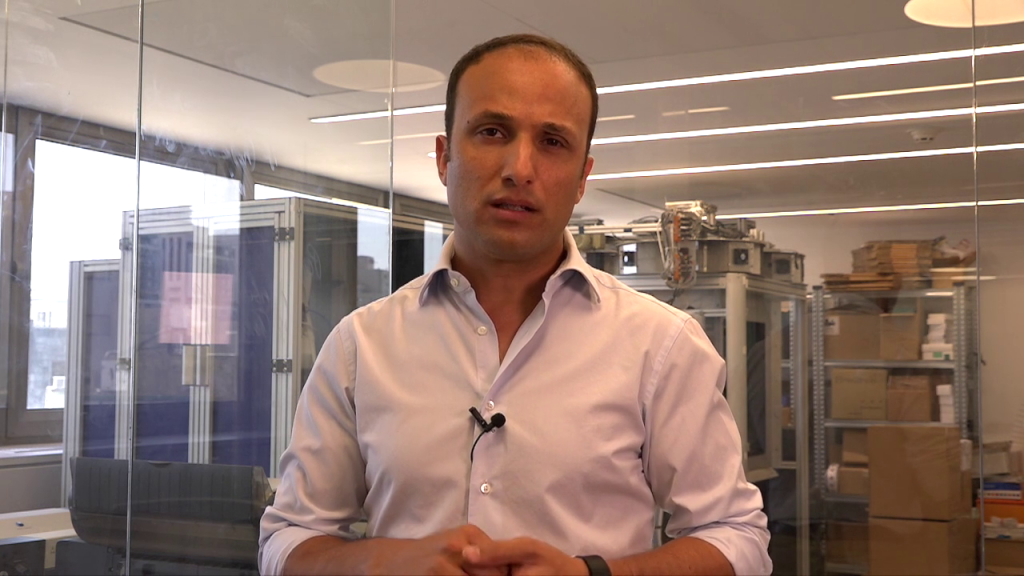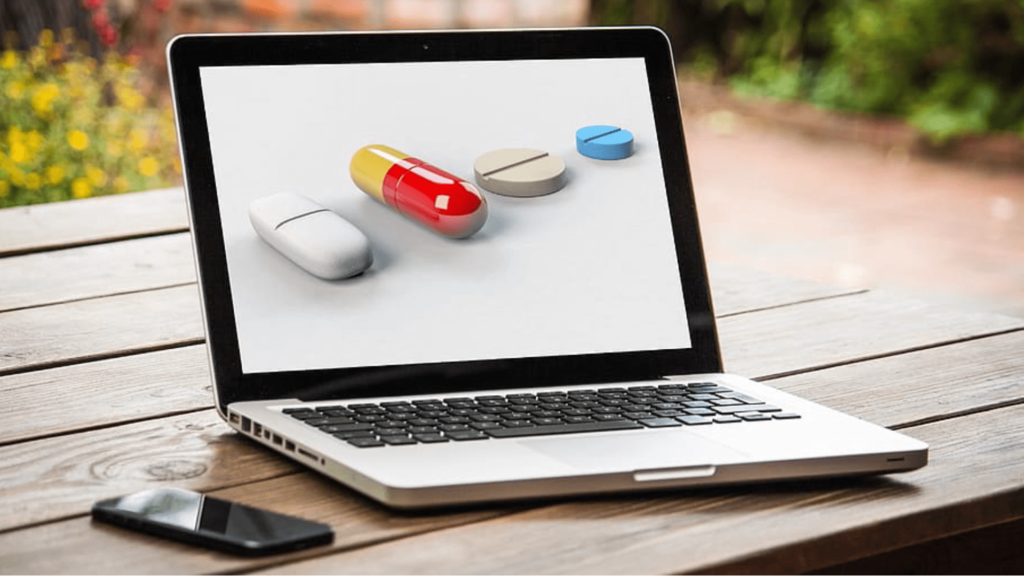The coronavirus pandemic has sent shockwaves around the world. It has affected the health of millions, and the livelihoods of countless millions more. But while the crisis has put society’s resilience to the test in ways that would have been unimaginable only months ago–the response more often than not has been inspirational. From the healthcare workers on the front lines to the volunteers making sure that the isolated don’t go hungry, the coronavirus has revealed humanity at its best.
The past few months have seen national governments and international organizations leading the fight against the virus, with city and community officials showing true leadership, and nonprofits bringing their expertise and resources to bear. Often overlooked is the role played by businesses. While forced to contend with the severe economic crisis and the rapid shift to managing a largely at-home workforce, companies are applying their diverse capabilities to the challenges at hand in often surprising ways.
Healthy.io was recently named to Fast Company’s prestigious list of the World’s 50 Most Innovative Companies. Here are some standout examples of how our fellow honorees–many of which aren’t healthcare companies–are responding to the pandemic with innovative solutions.
Beyond Meat, the masters of eco-friendly and tasty plant-based meat have committed to donating and distributing over one million of their Beyond Burgers to food banks, hospitals and community centers across the United States with their Feed A Million+ pledge. They’re also using outposts in closed restaurants in New York and Los Angeles to donate cooked meals to causes nominated by their employees and fans–thus creating jobs in the restaurant industry which has been hit hard by the crisis.
One prominent outcome of social distancing means that everyone from preschoolers to graduate students are now accessing education from home, via the internet. Teachable, the online education platform allowing experts to design and offer video courses, seems well positioned to take online education to the next level in an era that the New York Times has called “the world’s largest experiment in online learning.” Teachable is offering its platform free of charge to governmental and healthcare organizations involved in fighting the pandemic, as well as to educational institutions making their first steps in remote education.
Merck, the pharmaceutical giant, was selected to the Most Innovative Companies list for its work vaccinating against the deadly Ebola virus. Today, Merck is stepping up its research and development efforts to do the same for the novel coronavirus. In the meantime, it’s donated 800,000 surgical masks in New York and New Jersey, and has teamed up with fellow titans Eli Lilly and Pfizer to free their medical employees to join the front line work as volunteers.
Snap is using its unique reach and storytelling style to bring up-to-date information from the WHO and the CDC to its users. It’s also launched a new feature, Here For You, that shows resources from expert localized partners to users who search for certain topics related to mental health, such as anxiety, suicide and bullying, as well as anxiety related to the coronavirus.
Maven is a telehealth network focused on women’s and family health, offered as an employee benefit at a growing number of companies. The coronavirus has driven health systems to quickly adapt remote care services, in an attempt to minimize unnecessary exposure. Maven has set up a virtual support system for pregnant women to access doulas, midwives, nurse practitioners, OB-GYNs, and mental health providers remotely.
Finally, here at Healthy.io, we’ve been working hard to make sure our partners around the world have the kits their patients need to allow them to do their tests from the safety of home, using their smartphones. This is particularly important for at-risk populations who are particularly threatened by Covid-19, like people with diabetes and hypertension who need to take routine urine tests to check whether they have chronic kidney disease. Pregnant women are relying on our test kits to spare them the visits to the clinic. They can now take the tests safely from home and discuss the results over the phone with their nurse midwife.
As we’ve seen, crisis breeds innovation across an eclectic range of fields. When that innovation is coupled with strong, humanistic values, the results will continue to make an impact long after the pandemic is eradicated.

